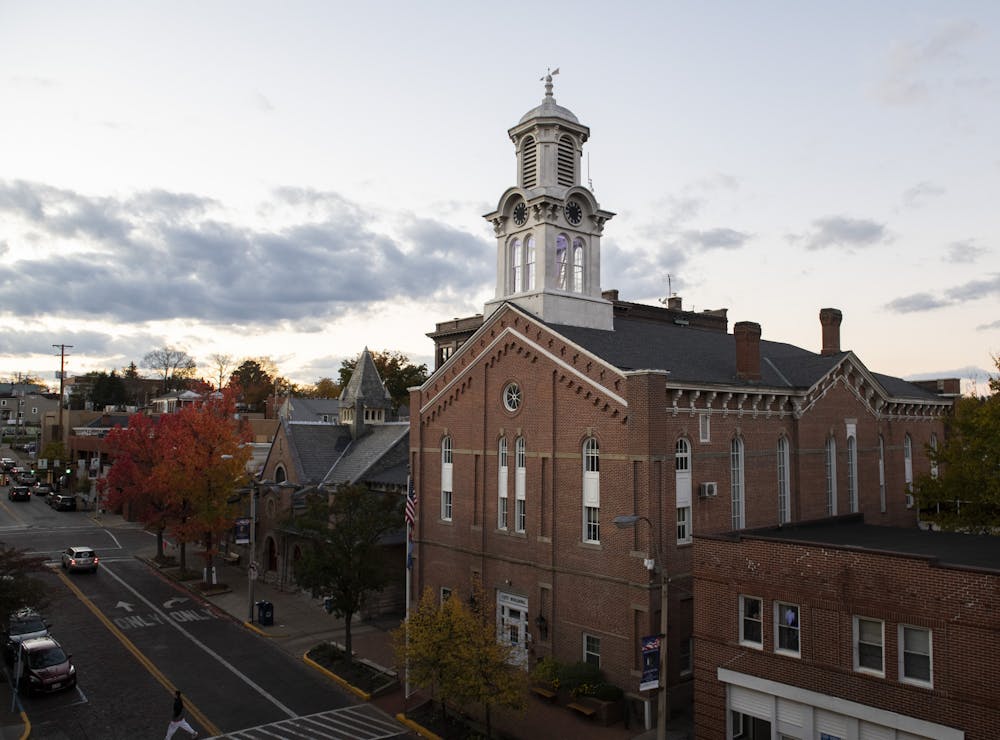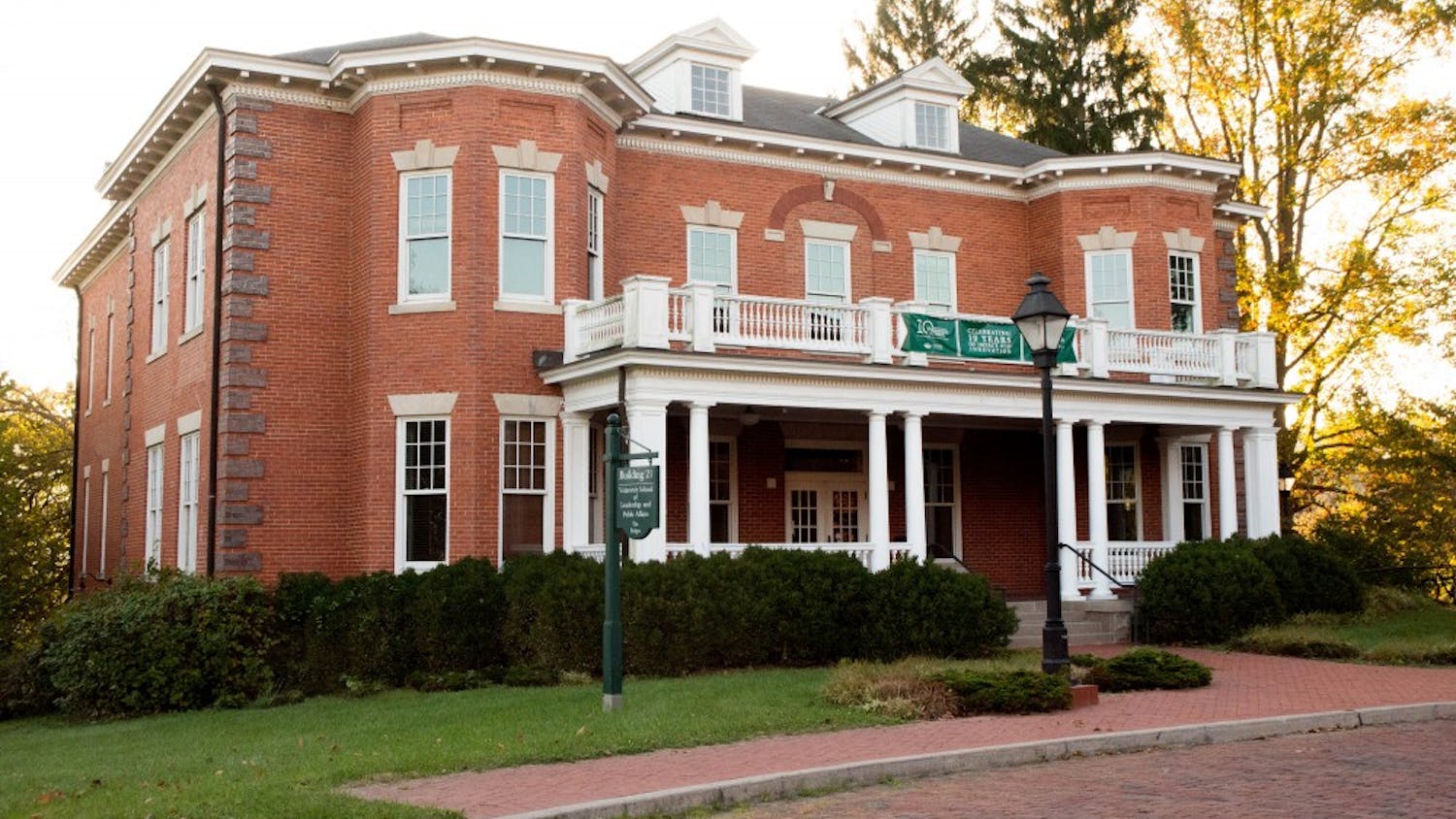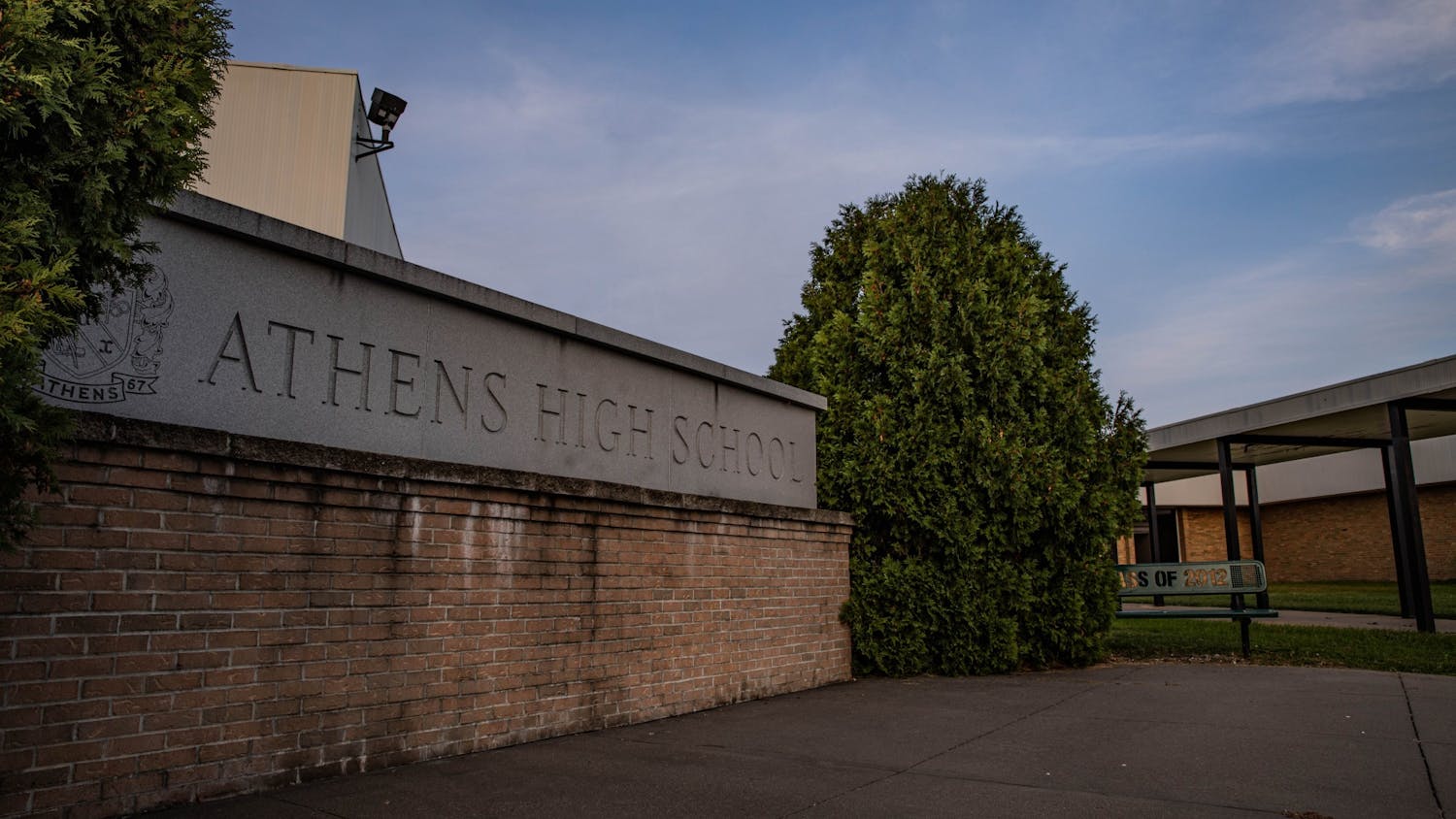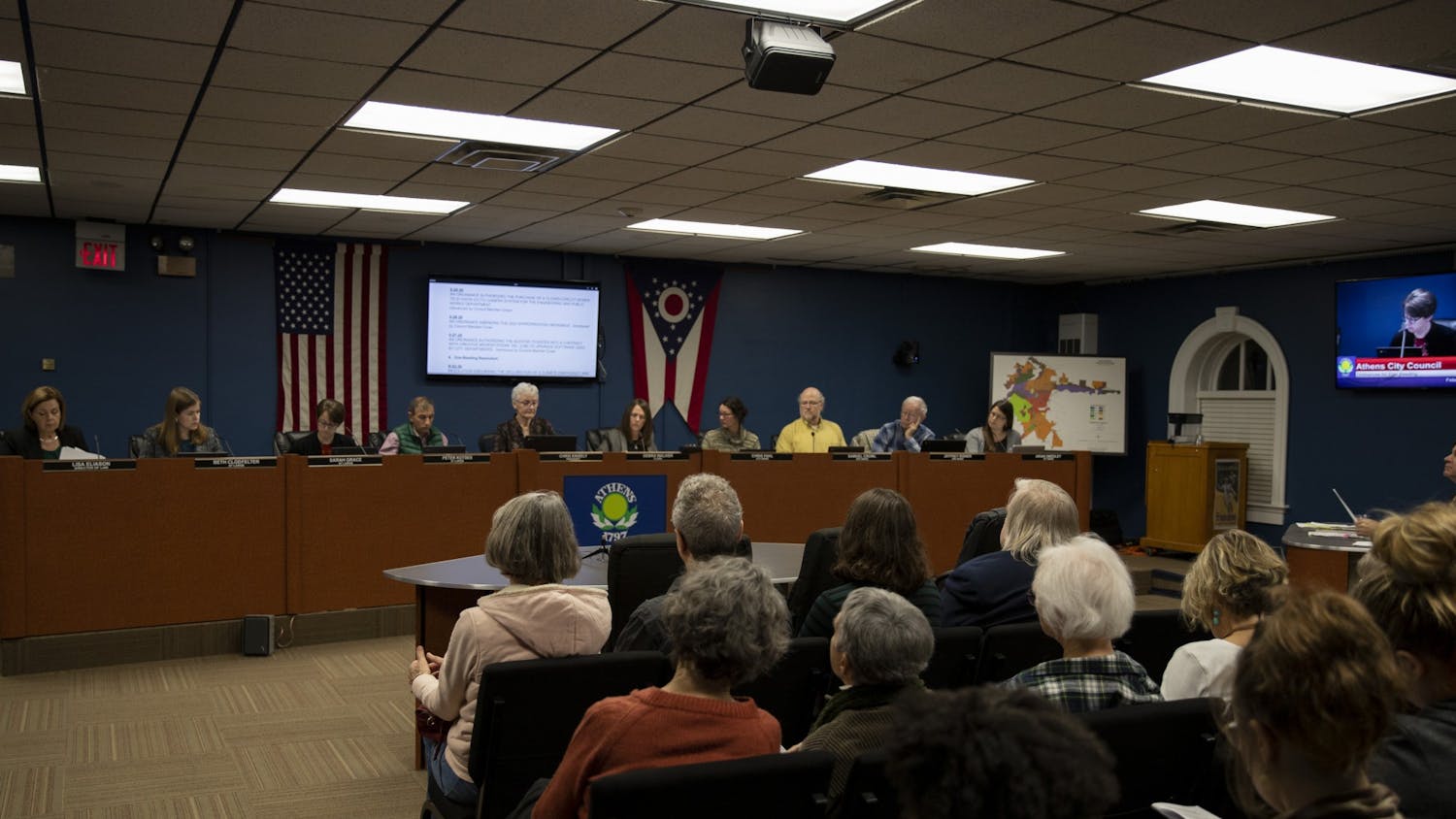Age-Friendly Athens County, or AFAC, is a program that was created in 2020 with the goal of providing resources and establishing places where older adults can age gracefully and with dignity.
The program, which was born out of the “Aging in our Community” initiative created in 2018 by the College of Health Sciences and Professions at Ohio University, or CHSP, is working toward getting Athens County certified as an “age-friendly” community, as recognized by AARP and the World Health Organization, or WHO.
Rebecca Robison-Miller, the senior director of community relations for CHSP, is also the director of AFAC. She said the initiative comprises 80 individuals and organizations with support from the city and county leadership.
“The thing that I love about this project is that it’s a hundred percent community driven and a hundred percent community informed, so we establish goals and community development ideas and projects based on what is important to the community,” she said.
AFAC presented its five-year plan in November 2020, describing the eight domains the WHO identifies as essential to be considered an age-friendly community: outdoor spaces and public places, transportation, housing, social participation, respect and social inclusion, work and civic engagement, communication and information and community and health services. The program for Athens added a ninth domain for sustainability and climate resilience.
It is still too early to determine funding resources, but Robison-Miller said there could be opportunities through fundraising by subcommittees and collaboration on projects with city recreation like the Bailey’s Trail System.
Within AFAC, there are chairs for each domain. Ruth Dudding, a certified health education specialist and the director of community health and engagement at the Athens City-County Health Department, is the co-chair of the community health services subcommittee. Although she is from northern Ohio, Dudding said she hopes to stay as she ages.
“I live out in the country, and I’m getting older,” she said. “And so I’m thinking that I really want to be able to stay here and continue to grow and learn and enjoy all the things I love about the region now when I’m even older.”
AFAC utilizes what it calls “experience experts” who are older adults who can contribute their knowledge to determine what Athens City and county must do to create an environment conducive to aging gracefully.
“There’s what people need and what people want. I think both of those things are important,” Dudding said. “I think people, as they age, want the same opportunities as families and empty-nesters.”
Dudding said Athens has already established programs at the senior centers to promote active living. UpBEAT, a program through OhioHealth that supports older adults in Southeast Ohio, is an example of such engagement.
“They want to keep learning. They want access to entertainment,” she said. “They want to be able to gather together and enjoy each other’s company.”
AFAC conducted a community needs assessment within the city and county in the summer of 2021, though Robison-Miller said there were roadblocks to get the word out.
“We didn’t get the type of response on the survey that we hoped, so we kept it open later than we anticipated,” she said. “We had a lot of response online, but we didn’t have as much response to the paper surveys that we mailed out.”
Robison-Miller said AFAC was hoping to get more paper surveys because the responses would be more representative of varying demographics across the county, especially if some residents didn’t have access to the internet.
“Nonetheless, we hope to gain more information and probably more accurate information by doing some more of those community conversations,” she said. "So we’ll go out to the different communities in Athens and facilitate some conversations there.”
Although there are age-friendly towns that collaborate with local universities, AFAC is the first age-friendly program of its kind in Southeast Ohio. Robison-Miller said she hopes AFAC is able to provide resources for families who don’t have access to things like assisted-living.
“If it’s more of a norm for an older adult to go live with a child or another family member as opposed to going to an assisted living facility, what resources can we build to help that happen for people?” she said.






